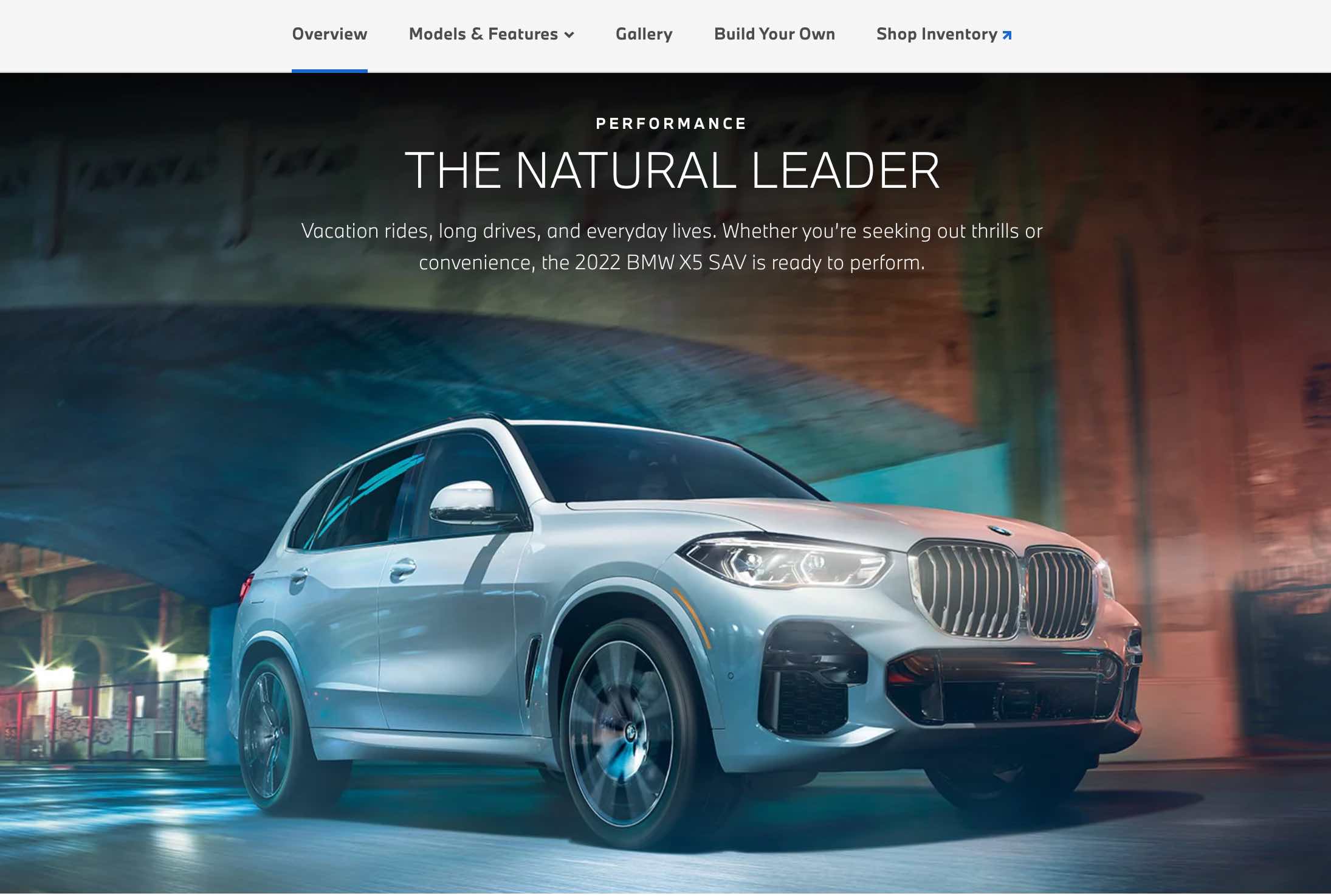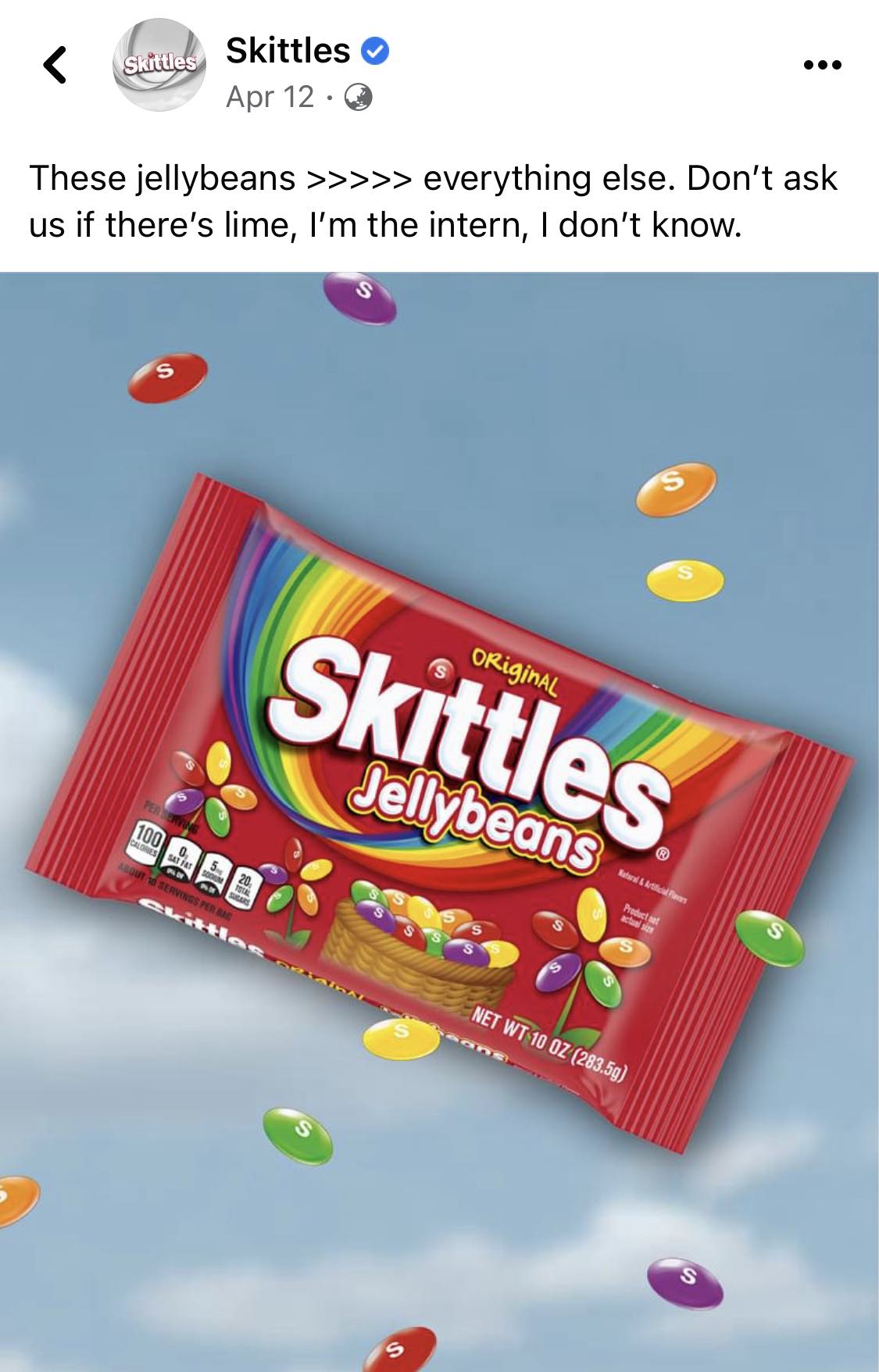-
 Published: Jul 10, 2022
Published: Jul 10, 2022
-
 6 min. read
6 min. read
-
 Maria Carpena
Maria Carpena Emerging Trends & Research Writer
Emerging Trends & Research Writer
- Maria is an experienced marketing professional in both B2C and B2B spaces. She’s earned certifications in inbound marketing, content marketing, Google Analytics, and PR. Her favorite topics include digital marketing, social media, and AI. When she’s not immersed in digital marketing and writing, she’s running, swimming, biking, or playing with her dogs.
Imagine your marketing strategy as the car that will bring your brand to your marketing goals. Your engine is your marketing messages that power you forward.
Just like a vehicle’s engine, marketing messages don’t just take a few hours to get designed and developed. It takes time to craft marketing messages that move your audiences to engage with your brand and propel your strategy forward.
If you’re looking for some tips to craft gripping marketing messages, you’ve come to the right place. In this blog post, we’ll discuss:
- What are marketing messages?
- Why are marketing messages important?
- How do you write compelling marketing messages?
Hungry for other marketing tips? Join 200,000 marketers who receive advice from our Marketing Manager Insider emails.
Don’t miss our Marketing Manager Insider emails!
Join 200,000 smart marketers and get the month’s hottest marketing news and insights delivered straight to your inbox!
Enter your email below:
Inline Subscription Form – CTA 72
“*” indicates required fields
(Don’t worry, we’ll never share your information!)

What are marketing messages?
Marketing messages are what you communicate with your audience to convince them to do business with you by buying your product or using your services. They go beyond the words you use, as feelings and emotions are also conveyed in your messages.
For example, BMW USA talks about the X5 as a “Natural Leader.” The brand is positioning its SUV as a versatile ride that you can use for vacation drives and everyday driving.
In this marketing message example, the brand is not bragging about the product’s specifications. Instead, it harps on what the product can do for the audience who is looking for an SUV that’s suitable for their various needs.

Why are marketing messages important?
As mentioned in the earlier analogy, your marketing message is the engine of your marketing strategy. It powers your strategy by helping you acquire new customers or turn existing ones into loyal customers.
Your marketing messages help customers see your brand’s “why,” so they can make an impression of your business. This step is important for your audience because it helps them decide whether they’ll engage with your business.
In addition, your marketing messages also communicate with your audience that you have the solution to their pain points. If you carefully develop your marketing messages, your audience will grasp that your product or service is just what they need.
For example, a customer has decided to live a sustainable lifestyle. In need of a new winter jacket, the customer looks for one and stumbles upon a brand that communicates how its products are ethically made.
The customer may shortlist this brand’s product after understanding the business’s mission of being a sustainable brand. Had the business skipped crafting strong marketing messages about their sustainability efforts, the customer could’ve not considered their products at all.

How do you write compelling marketing messages?
Now that we’ve discussed the importance of these messages and shown some marketing message examples, let’s get into some tips on how to send a compelling message:
1. Know your customers, their needs, wants, and pain points
Your target audience should be at the center of your marketing messages. To get to know them better, conduct market research and focus group discussions to understand their needs, wants, and pain points. Social listening is also one way to know your target audience better.
Once you know more about your customers, create your different buyer personas, so you can craft marketing messages that resonate well with each one.
For example, let’s say you’re in the real estate business. A buyer persona segment may find your message about being a family-oriented community appealing, while another persona segment may appreciate the equal-opportunity housing values of your brand.
2. Sharpen your products’ value propositions
Now that you know your customers’ problems, identify your product’s unique selling propositions (USPs). Communicate with your audience what makes your product or service unique, so they will choose your brand over a competitor.
Keep in mind your audience’s pain points and needs when crafting your marketing message. Present your product or service as the solution that they need.
3. Position your product or service
Sometimes, communicating your products’ features is not enough. A competitor may be offering a similar solution at even a lower price!
Check your competitors’ marketing messages, so you can craft one that carves a position for your product or service. Then to differentiate your product or service further, review your USPs as you write your messages. Your USPs will help you stand out from your competition!
4. Be concise
Your audience is being bombarded with marketing messages from other competitors, so yours must stand out. Keep it concise and direct to the point of why your product or service is what your audience needs.
5. Focus on the customer
A common mistake that brands make is writing a marketing message that’s focused on their product. As businesses try to convince their audience that they have a superior product over their competitor, the focus shifts from the customer to their offering.
Always put the customer at the center of your marketing messages. Present your product as a solution for their problems.
6. Evoke emotions from your audience
When using value propositions for your marketing messages, you appeal to your customers’ logic. Another method you can use is evoking emotions when communicating your product or service as a solution to your customer’s needs.
If it aligns with your brand, try humor. Skittles does this with its social media marketing messages. The brand’s humorous marketing messages encourage engagement among its audience.

Inspiring your audience is also a way to evoke strong emotions from them. For example, Nike isn’t talking about its running products for women in this ad. It does, however, talk about a supportive community, evoking a feeling of belongingness.

Ready to craft compelling marketing messages?
Are you inspired to write compelling marketing messages for your audience? WebFX will be glad to help you develop your “engine” for your marketing strategy and reach your business goals.
Our team of 500+ digital marketing experts has generated over $6 billion for our clients.
Contact us online or call 888-601-5359 to speak with a strategist today!
-
 Maria is an experienced marketing professional in both B2C and B2B spaces. She’s earned certifications in inbound marketing, content marketing, Google Analytics, and PR. Her favorite topics include digital marketing, social media, and AI. When she’s not immersed in digital marketing and writing, she’s running, swimming, biking, or playing with her dogs.
Maria is an experienced marketing professional in both B2C and B2B spaces. She’s earned certifications in inbound marketing, content marketing, Google Analytics, and PR. Her favorite topics include digital marketing, social media, and AI. When she’s not immersed in digital marketing and writing, she’s running, swimming, biking, or playing with her dogs. -

WebFX is a full-service marketing agency with 1,100+ client reviews and a 4.9-star rating on Clutch! Find out how our expert team and revenue-accelerating tech can drive results for you! Learn more
Try our free Marketing Calculator
Craft a tailored online marketing strategy! Utilize our free Internet marketing calculator for a custom plan based on your location, reach, timeframe, and budget.
Plan Your Marketing Budget
Table of Contents
- What Are Marketing Messages?
- Why Are Marketing Messages Important?
- How Do You Write Compelling Marketing Messages?
- 1. Know Your Customers, Their Needs, Wants, and Pain Points
- 2. Sharpen Your Products’ Value Propositions
- 3. Position Your Product or Service
- 4. Be Concise
- 5. Focus on the Customer
- 6. Evoke Emotions from Your Audience
- Ready to Craft Compelling Marketing Messages?

Maximize Your Marketing ROI
Claim your free eBook packed with proven strategies to boost your marketing efforts.
Get the GuideTry our free Marketing Calculator
Craft a tailored online marketing strategy! Utilize our free Internet marketing calculator for a custom plan based on your location, reach, timeframe, and budget.
Plan Your Marketing Budget





